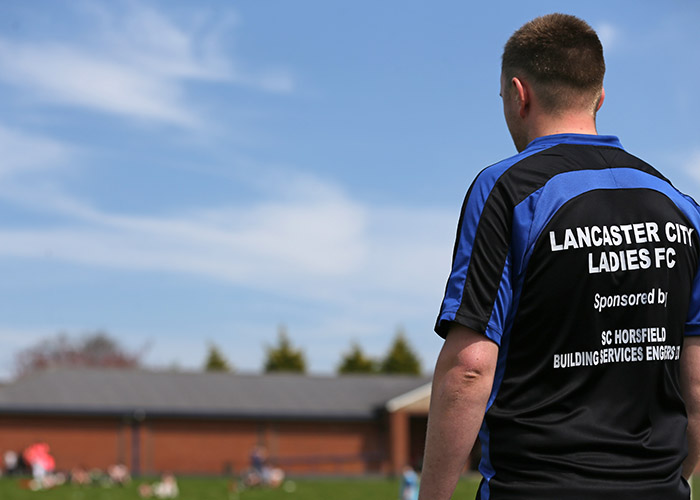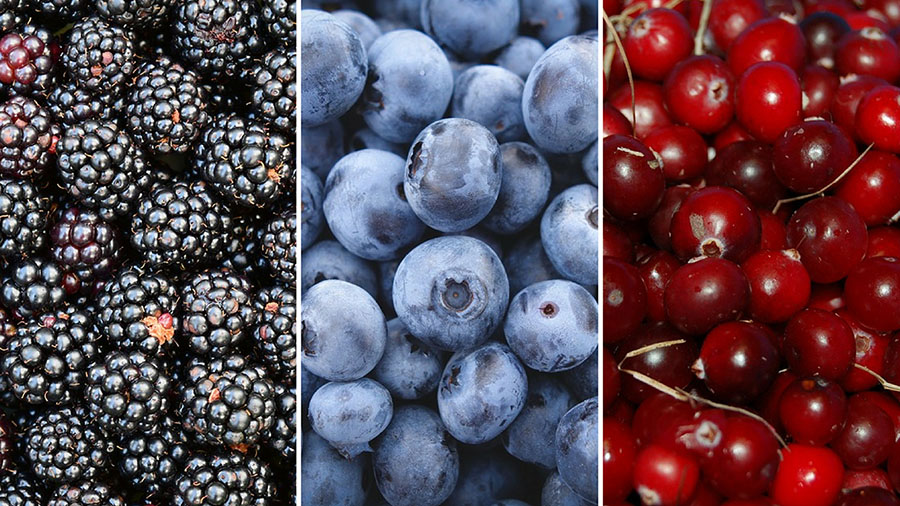There are lots of ways a sports club can make a positive difference in its efforts to go green. Ultimately, there is only so much national governing bodies can do, and community clubs need to play their part.
In the future it may well be that some of these changes become legal requirements, so it is a good idea to start promoting sustainability now.
How can sports clubs be more sustainable?
A sustainability strategy is an integral part of any modern day sports club. This means coming up with inventive ways to be more environmentally-friendly, use sustainable products, reduce the carbon footprint and lessen the negative impact your club has on the planet.
If all of that feels overwhelming or unrealistic, it doesn’t have to be. Whatever steps your club chooses to take today, it’s an improvement on yesterday - so you’re off to a start!
Central to your plan should be working out how your club, members and supporters can: reduce, reuse and recycle.
Here are some ideas, you might be doing a few already or it could spark a conversation and lead to a new initiative.

Recycle sports kit
A sports club can recycle the sports kit and footwear of all its members and supporters when it gets worn out.
Rematch is a sporting goods marketplace where you can buy, sell and recycle. Lord’s Taverner’s collect useable sports kit in the UK through collection hubs. In recent years, they have sent large amounts of kit to projects in India, Antigua, Brazil, Germany, Romania, Rwanda, Uganda, Mexico and across the UK
It will require some effort to collect all the clothing and shoes, but it prevents unnecessary waste and the sports kit will find a new home in the UK or overseas.
Sal’s Shoes is another phenomenal charity and to date, they have helped recycle 1.5 million pairs of preloved children’s shoes in 44 countries around the world. Why not get involved and work with other clubs in an area or league?
Travel
According to the Committee on Climate Change, most of the carbon emissions in the UK come from energy production and consumption. This could be from driving a car to a match or training.
Taking fewer car journeys as a club would have a significant effect on your collective carbon footprint, so consider carsharing for matches and sports events, or organise a coach or minibus so players aren’t all driving their own cars.
This could work out cheaper for everyone as well.
An option to cut down on unnecessary car use would be to offer a discount to those who have walked or cycled to training rather than driving.
You could start charging for parking to achieve the same effect, but rewarding people is likely to go down better than penalising others.
How can a sports stadium go green?
Your stadium or home ground and all of your other facilities are the beating heart of your club. They are also the source of most of the club’s carbon footprint and environmental impact. This article isn’t intended to blame, we’re just suggesting a few differences that could be made to lessen the impact and make a positive change.

Cut down on energy usage
Renewable energy (solar, wind and hydro) is becoming more common as countries seek to improve their environmental sustainability. However, electricity is also generated by burning fossil fuels, which still make up much of the UK’s energy output.
Reducing how much electricity a sports club uses is one way to save money and means less waste and lower carbon emissions. Review what you currently do so you know how you can change.
Switching to LED lightbulbs can improve energy efficiency and timed lighting systems and hand dryers are simple steps that help to save energy.
Making sure the clubhouse and all club facilities are well-insulated will mean less energy is used for heating in the winter.
Electric cars are likely to be cheaper and more mass-market in the not too distant future, so a sports club with its own charging station will be attractive.
Each sporting governing body will have its own financial incentives and support. In cricket, the England & Wales Cricket Trust (EWCT) offers interest-free loans for energy and water saving systems.
Planting new trees at a sports ground is a smart long-term option. Trees absorb carbon dioxide from the atmosphere, help prevent flooding, and provide areas of shade during hot days. The Woodland Trust is a good place to learn more.
Something else to consider is installing solar panels. This is a big investment but it might help reduce your energy costs in the future.
With such enormous challenges, it can feel like individuals and clubs won’t make a difference - but that’s just not true. Whatever positive action you take will play a role in making the world a more sustainable place.

Support local
The distance travelled by some foodstuffs can be astonishing and this is polluting the planet. Shopping locally and supporting businesses on your doorstep are great for environmental sustainability.
Understandably, cost can be a significant barrier. A supermarket may well be cheaper than a farm shop because of economies of scale, but the fruit and vegetables might have come from South America instead of a local farm.
Partnerships with local growers and companies support your community and you never know, you might pick up a club sponsor in the process.
If you have enough outdoor space, you could even start growing your own fruit and vegetables on an allotment, just like Liverpool FC are now doing.
Say no to plastic
Thanks to documentaries like BBC Blue Planet II, the scourge of plastic pollution is more mainstream than ever before - and we can all play our part in cutting down.
Single-use plastics, according to National Geographic, account for 40% of the plastic made every year. Incredibly, half of all plastics ever manufactured have been produced in the last 15 years.
Items like plastic bags might only be used for a few minutes, but they take hundreds of years to degrade. So how can a sports club do better? Take an innovative and bold approach to limit or replace plastic wherever you can.
Recycle
Recycling policies vary, council to council, but a sports club can request the containers needed to start, if they don’t have them already.
Instead of using plastic cups in the bar, get your own club pint glasses made! Think about installing a water fountain so people bring their own bottle and refill. Can you substitute buying plastic for wood or other reusable materials?
Sports organisations have all sorts of processes that could potentially incorporate recycling and there are lots of organisations that can signpost resources and advice.
Recycling Now has a recycling locator to find your local recycling centre and the website is packed with lots of sound advice on how to get unwanted items for reuse. Recycle UK has a sports club programme with mobile recycling banks and collections days.
.png?width=400&height=400&name=Copy%20of%20Green%20White%20Leaf%20Environment%20Logo%20(2).png)
What are 20 ways to go green?
1) Donate used sports kit to be recycled or reused
2) Use second hand sports kit
3) Offer a discount for walking or cycling to training
4) Carsharing scheme for matches and training
5) Install LED light bulbs for better energy efficiency
6) Insulate the clubhouse
7) Timed lighting and hand dryers
8) Minibus for games
9) Electric car charging station
10) Install solar panels
11) Paperless tickets
12) Plant trees
13) Recycle rainwater to water pitch
14) Offer organic meat
15) Shop locally for food supplies
16) Grow food on an allotment
17) Start a compost system for food waste
18) Install appropriate recycling bins
19) Install a water fountain
20) Get rid of plastic pint glasses and straws
